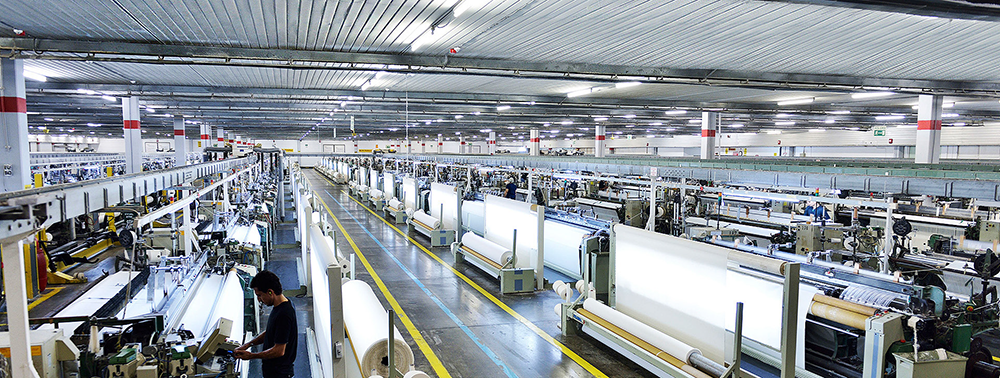
Textile industry in Turkey is gaining more importance in 2020. Turkey is one of the largest textiles and clothing producing countries in the world and the 6th most significant supplier in the world and the 3rd largest supplier to the EU. Turkey’s textile industry is of great importance in the European and North American textile trade. The modern industrial facilities in Turkey demonstrate the considerable growth of the textile industry in recent years thanks to the important Turkish yarn brands, fabric manufacturers and organic cotton companies.
The Turkish textile and ready-to-wear industry currently employ more than one million people. The textile industry and its supporting sub-sectors now employ a total of 1.67 million people, and this number will increase in the coming years due to additional investments and increased exports.
As Turkey’s trade minister said, Turkey exported some $17.7 billion worth of ready-to-wear products in 2019. Turkish manufacturers are now seeking to seize the window of opportunity created by coronavirus-affected China, which is expected to suffer from production delays of five-six months in 2020.
According to the Istanbul Garment Exporters Association (İHKİB), the sector had a 10.1% share of the country’s total exports of $14.8 billion in January 2020, reaching an export figure of $1.5 billion, up 5.8% in the same month last year. Nearly 73.4% of exports went to EU countries, with Germany and Spain as the primary recipients.
Turkey is one of the production centres that is taking the most advantage of the coronavirus epidemic, as it presents itself as an alternative production hub to the Chinese market.
In January, the country’s fashion exports recorded an annual increase of 5.8% according to the latest data from the Istanbul Garment Exporters Association (Ihkib). In the first month of the year, Europe was Turkey’s primary customer.
Germany, Spain, and the United Kingdom were the largest importers of Turkish fashion products during the period and by buying from Turkey, Turkish textile industry experienced an increase in exports of 4.7%, 8.7%, and 3.9%, respectively. The Netherlands, France, USA, Denmark, Iraq, and Poland are also among the leading importers of Turkish textiles.
In the meantime, Mustafa Gultepe, President of the Ihkib, said that the coronavirus would positively affect the Turkish industry since the major fashion operators moved their products into the country before the outbreak of the outbreak. Nevertheless, it also affects the decrease in the production of raw materials in China which has been hit by the coronavirus.
The main advantages of the Turkish textile and clothing industry are:
Turkey has several advantages in textile production as well as the supply of raw materials based on the following points:
– In logistics terms, the country has a very strategic position since it is the gateway to the European countries’ markets.
– The county is a source of raw materials used for manufacturing. Turkey ranks 7th in world cotton manufacturing.
– Turkish organic textile companies are also one of the most significant organic cotton suppliers in the global market.
– Thanks to its flexible trade policies with a highly skilled labour force, the country has a highly developed industry capable of producing quality goods.
– The country has a customs union agreement with the EU and free trade agreements with other countries.
– Turkey is also known to attach importance and priority to the working conditions of its workforce.
– Turkey continues to invest in the use of advanced technologies to develop its industry.
– Turkish companies have skilled and educated human resources.
– The design capacity of Turkish manufacturers is developing.
– Accumulation of technical know-how is perfectly well.

